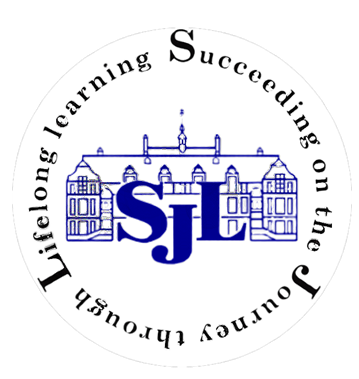Maths Mastery
Mastery at Sir John Lillie Primary School
We continue to develop mastery in mathematics at SJL.
“You know you’ve mastered something when you can apply it to a totally new problem in an unfamiliar situation or context.”
(Mastering Mathematics, Dr Helen Drury)
Mastery is not just an assessment grade –
it is an approach to learning, based on high expectations and access for all.
Underpinning our whole curriculum at SJL is high expectations of all pupils and ensuring that all pupils are offered a rich diet of content appropriate to their age.
Within Maths our curriculum is cumulative and works in cycles which allow for greater opportunity to revisit and deepen pupils understanding around concepts and aspects of mathematics. It is also interconnected through pupils being required to recall knowledge and facts, as well as applying their skills and knowledge (ASK) across the curriculum.
In order to develop mastery, in our maths sessions you will see pupils:
- Clear modelling from staff (I…. WE….. YOU)
- Success Criteria
- Recalling key knowledge and facts
- Discussing, reasoning and explaining
- Use of concrete, pictorial and abstract resources
- High quality and active assessment for learning, through use of adults and their questioning
- A wide range of rich problems applied across the curriculum
- Resilient individuals who persevere and learn from mistakes.
All pupils work towards the same learning intention ensuring high expectation and access for all. In some classrooms you will see some pupils who may be working towards the intended objective as the adult will have used assessment for learning in order to judge where the pupils’ knowledge base is.
“The expectation is that the majority of pupils will move through the programmes of study at broadly the same pace. However, decisions about when to progress should also be based on the security of pupils’ understanding and their readiness to progress to the next stage of their learning. Pupils who grasp concepts rapidly should be challenged through being offered rich and sophisticated problems before any acceleration onto new content. Those who are not sufficiently fluent with earlier material should consolidate their understanding including through additional practice before moving on.” (National Curriculum 2014)
Differentiation has not disappeared!
Our approach to differentiation is that we do not broadly differentiate through content, it is through use of resources, as appropriate.
Our ‘Growth Mindset’ approach, empowers pupils to become resilient and learn from their mistakes and see them as part of the learning process. This is true for all pupils regardless of their starting point or current attainment.
